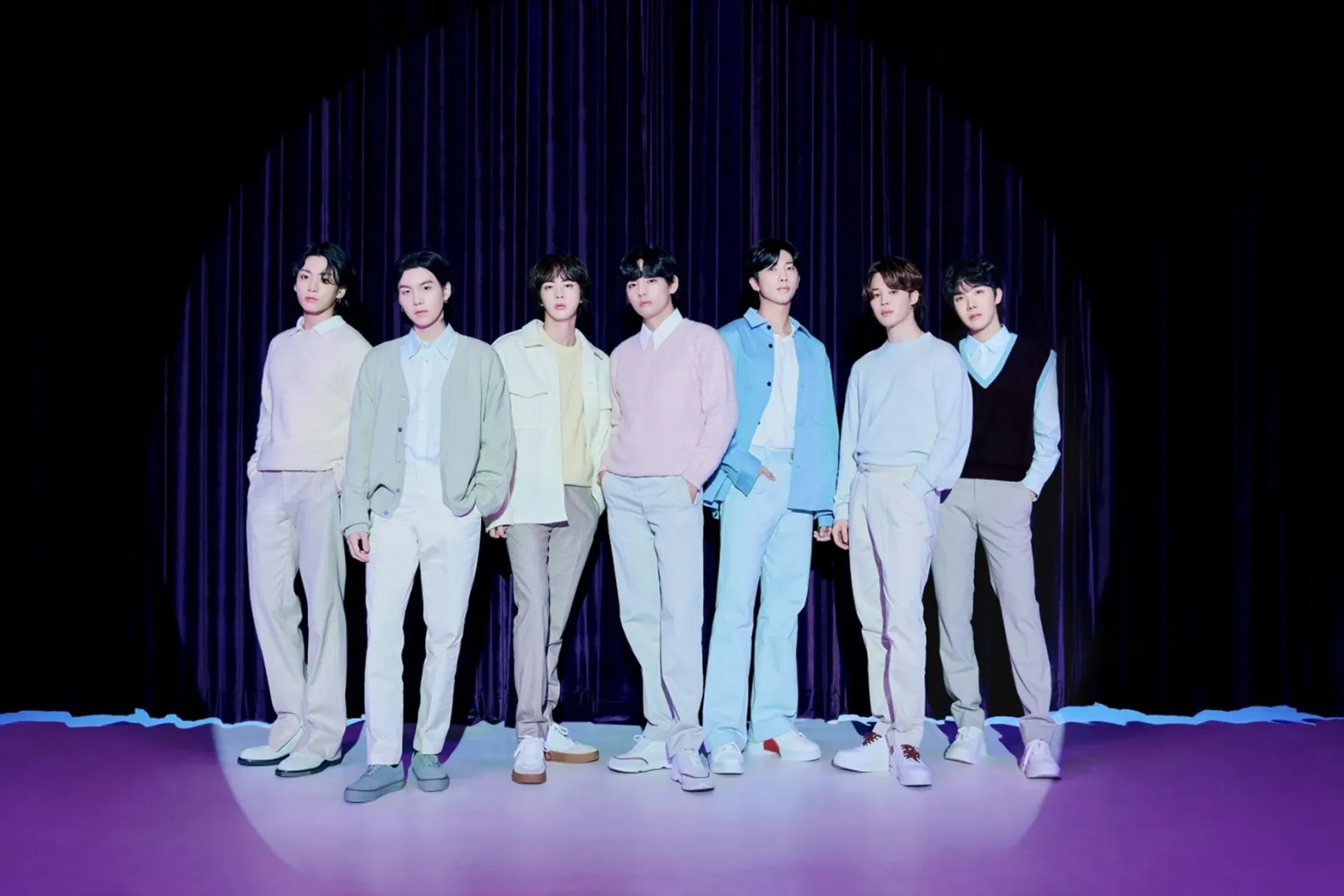Research has revealed that Asian-American women are struggling with seeking help for eating disorders.
Carried out by California State University, Fullerton (CSUF), an online survey among Asian Americans from late 2014 to early 2015 focused on eating and body image concerns, according to NBC. A sample of 212 participants with 77% being female of an average age of 25, was analysed.
Released in October 2017, preliminary analysis suggested respondents faced barriers such as believing that their symptoms were “not severe enough”, being in denial and being unaware about where and how to seek help. Some were deterred by the stigma attached to seeking help.
“Research has indicated that Asian Americans have stigma (negative views and beliefs) about seeking treatment, but we don’t know a lot about their subjective, phenological experiences of how they understand the reasons that stopped them from seeking treatments or stopped treatment,” said Yuying Tsong an associate professor at the CSUF College of Health and Human Development.
“These narratives/qualitative responses give us more insights into their experiences, which can be a good foundation of moving forward to conducting larger scale qualitative studies,” Tsong added.
“Understanding barriers to treatments can also help us start to think about how we can reduce these barriers so we can make it easier for Asian Americans to access help when needed.”
One participant said, “my mom thought I looked nicer when I ate less” and “it was embarrassing to tell others that I had felt terrible about my body and the way I looked.”
That study found that “therapists stated their clients experienced inordinate thin idealization and body dissatisfaction, and most believed that Asian American women experience greater familial and cultural pressure to be thin than do other women.”
However, the new research is somewhat limited as participants identified themselves. Tsong added that for Asian Americans, “online anonymous survey format helps the participants to be more forthcoming in their response because they didn’t have to worry about ‘losing face’.”
“Therapy needs to be conducted with the understanding of the cultural context. There are many stresses that are more salient for immigrants of color, racial/ethnic minorities, or children of immigrants,” Tsong added
The study will be published next year or early 2019.
]










